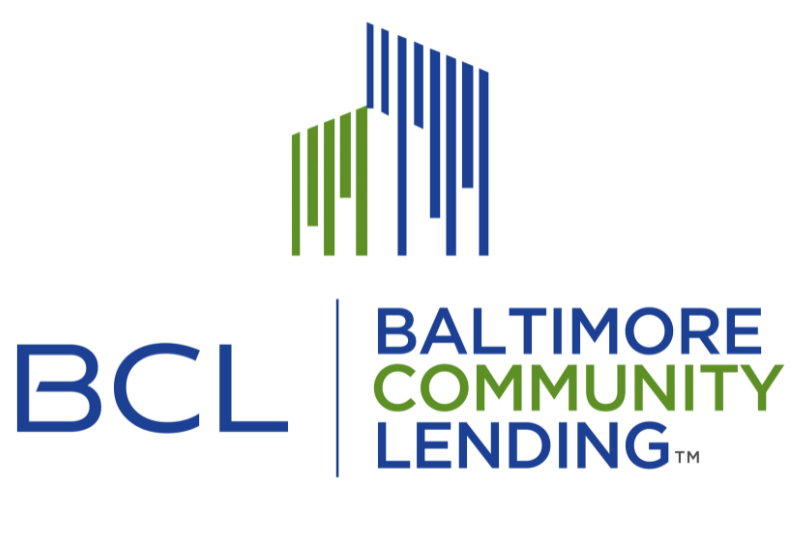
But where do you start? Writing a business plan may feel overwhelming, but keep in mind that it’s a marathon, not a sprint. That’s why Baltimore Community Lending connects all loan applicants with a coach to guide them through the process, free of charge. David Freeman, Baltimore Community Lending’s Small Business Advisor, has been working with early-stage entrepreneurs for over a decade. He specializes in helping small business owners get their business plans in good shape.

According to David, applicants who come to their initial consultation with at least a partial draft have a greater chance of success. It doesn’t have to be a full business plan, although he does assist with revising fully-written plans. “It’s better to start with something rather than nothing. We can build on what you have,” he says. This business plan template is a useful guide to seeing the big picture. David recommends starting with the Financial Plan section. Below are his tips for getting started:
- Jot down all your business expenses for the next 12 months, divided by month. This includes everything it costs to operate, such as rent, equipment, payroll, inventory, supplies, and bills (gas and electric, phone, etc.). A quick, easy option is to go online to research prices and get quotes from vendors. Business owners who have been operating for at least six months can also review prior bank statements and receipts.
- Make a list of all your products or services, and how much you will charge for each. This is your revenue. For example, retailers should note the products they will sell along with prices. Restaurants should note their menu items along with prices. Contractors should note the types of projects they plan to complete and how much they plan to bid.
- Identify how you will reach the “break-even point” over the next 12 months, divided by month. This means making the revenue match the expenses. For example, how many of each product would you need to sell? How many people need to receive your services? For contractors, how many contracts would you need to fulfill? Keep revising until the revenue is equal to the expenses.
This will bring you a few steps closer to finalizing the first draft of your business plan. If you’re considering applying for a small business loan and would like David to coach you through your business plan, visit our website to learn more about our process. Then, call 410-319-0732 to get started. Remember – how do you run a marathon? One step at a time.
